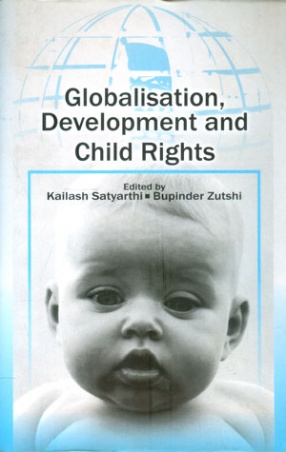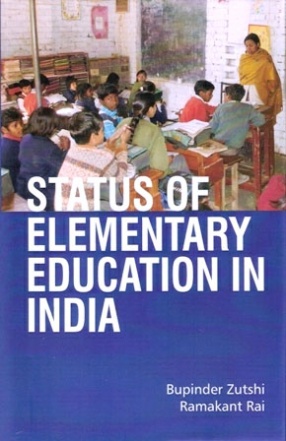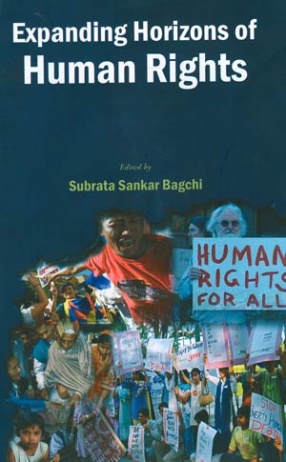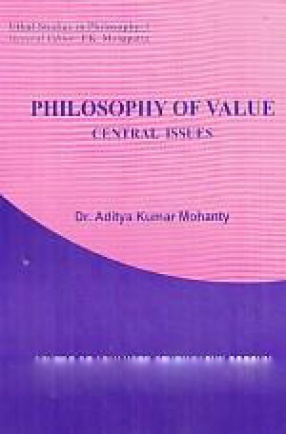Globalisation, Development and Child Rights
Globalization and Structural Adjustment Programmes not only reinforces greater integration in the world economy but is a veneration of the market as the only mediator of efficiency and growth. It has resulted in renunciation of the state responsibility towards the welfare of its citizens. Evidence shows that along with new opportunities, globalisation has led to marginalisation of the poorest and has enhanced inequality and economic insecurity among the poor. The impact of globalization and economic reforms is particularly significant in a diverse and plural country like India, where different communities are placed in a social hierarchy with iniquitous access to production and other assets. Reduction in the social sector services like health, education, other subsidies for poverty alleviation programmes and the introduction of user fees has strong links with the increase in child labour and school dropout rates.
The book analyses the concepts, issues and dimensions of the processes of globalization and liberalization particularly on child right violation. It examines the vulnerability in agricultural crises, displacements, human trafficking and informalisation of employment among marginalized communities. Several empirical evidences have been enunciated, linking the structural adjustment programmes with the increasing trends in child labour and school dropout rates. Finally the book highlights success stories in the field of child labour prevention and eradication as adopted by NGOs and other civil society organizations.
Get it now and save 10%
BECOME A MEMBER












Bibliographic information
Bupinder Zutshi